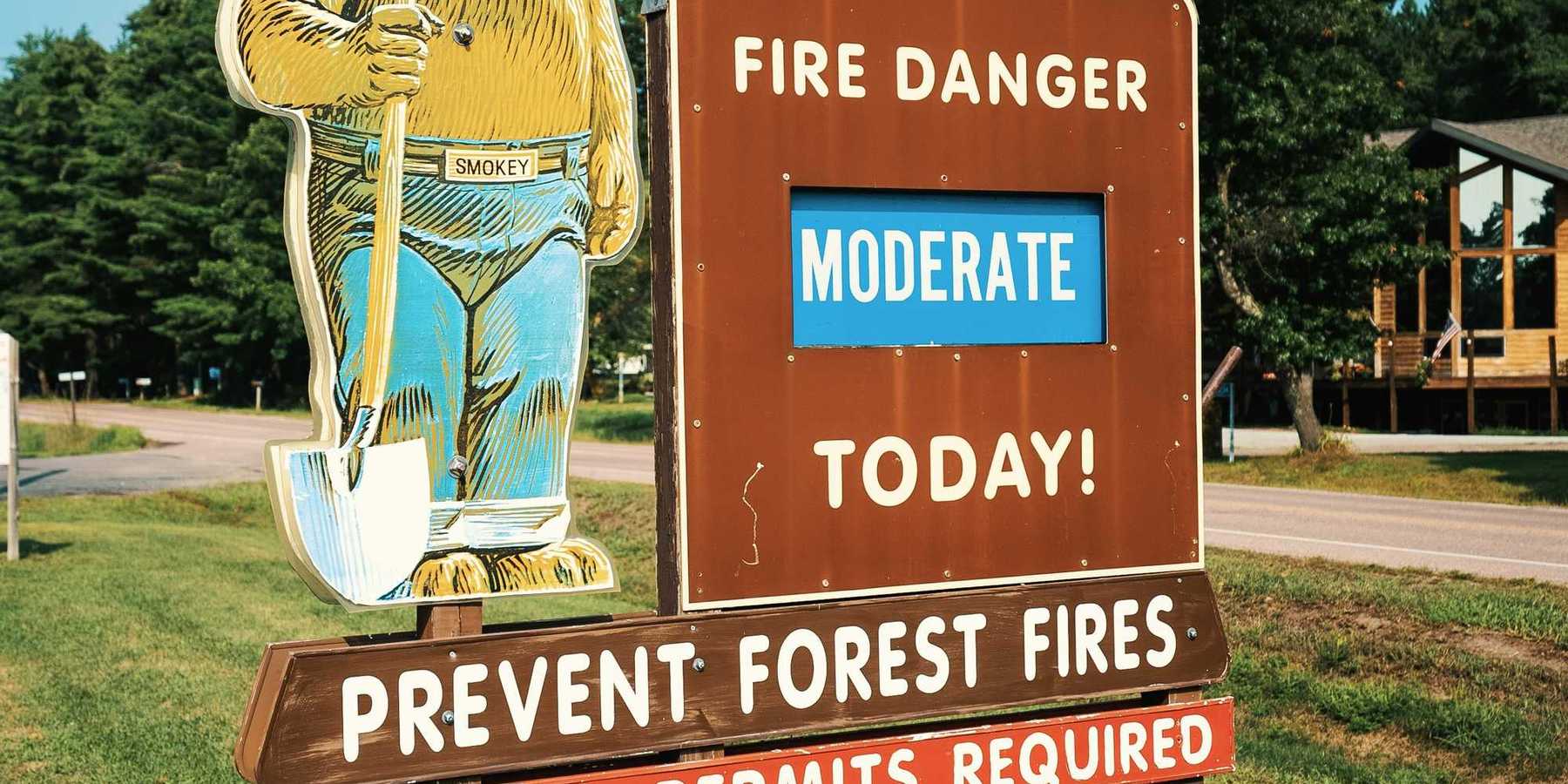Video portraits of a changing planet, in real time.
A UNC video series shows ordinary people reacting as climate change reshapes the world around them.
Video portraits of a changing planet, from North Carolina
Bill Carson, founder of The Orchard at Altapass in Spruce Pine, N.C., is interviewed for a Climate Stories NC video. Still image courtesy Climate Stories NC.
April 27, 2016
A UNC video series shows ordinary people reacting as climate change reshapes the world around them.
By Douglas Fischer
The Daily Climate
CHAPEL HILL, N.C.—North Carolina is famous in climate science circles for a legislature that mandated the state's planners look only at historical sea levels when planning for future sea-rise.
But plenty in the state are finding that the present is not quite like the past—and that the future suddenly seems anything but predictable.
Eight of those individuals are the subject of a University of North Carolina project that seeks to capture the voices of ordinary North Carolinians dealing with the effects of a changing planet.
The project, run by UNC's Institute for the Environment, documents real people talking about real problems.
They're folks like Bill Carson, who runs an apple orchard and shop in Spruce Pine, N.C.—a town of about 2,250 people on the western edge of the state, about 90 miles from Great Smokey Mountains National Park.
"For 4 of the last 6 years, we’ve had weather-related crop failures," he told Climate Stories NC.
A beekeeper and a fishing guide
The profiles include a beekeeper, a fishing guide, a wildlife refuge manager and a seafood market owner. More are planned, and we'll feature them on occasion on The Daily Climate.
The tales are similar to one we told a few weeks ago, about North Carolina commercial fisherman Dewey Hemilright and his fears for the future as President Obama mulled opening the Atlantic coast to drilling.
Hemilright's fears still live—several companies say they intend to continue seismic testing along the North Carolina coast, despite Obama's decision, in mid-March, to keep the drilling ban in place through 2022.
And the seas, despite state lawmakers' best efforts, are still rising faster than in the past.
All of which suggests the stories North Carolinians are telling about their changing environment are worth listening to.
Douglas Fischer is director of Environmental Health Sciences, the nonprofit, independent publisher of DailyClimate.org and EHN.org.
The Daily Climate is an independent, foundation-funded news service covering energy, the environment and climate change. Find us on Twitter @TheDailyClimate or email editor Brian Bienkowski at bbienkowski [at] EHN.org













